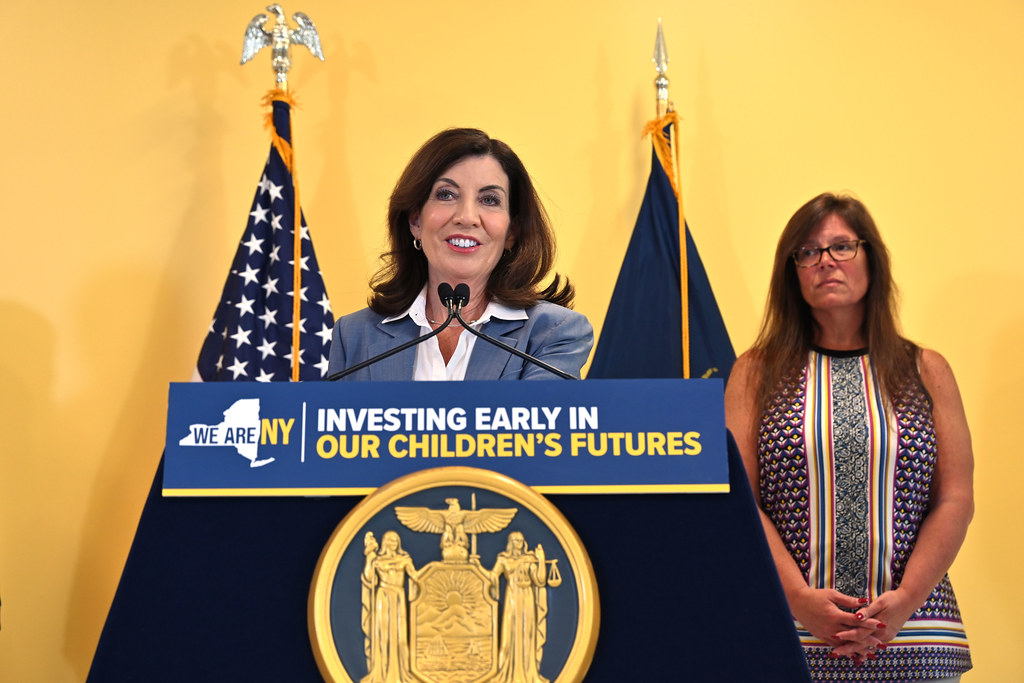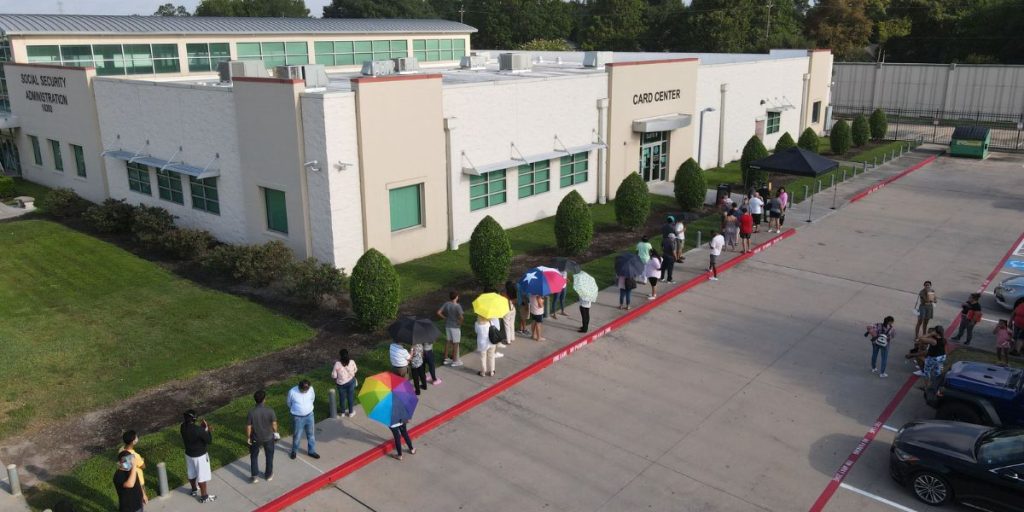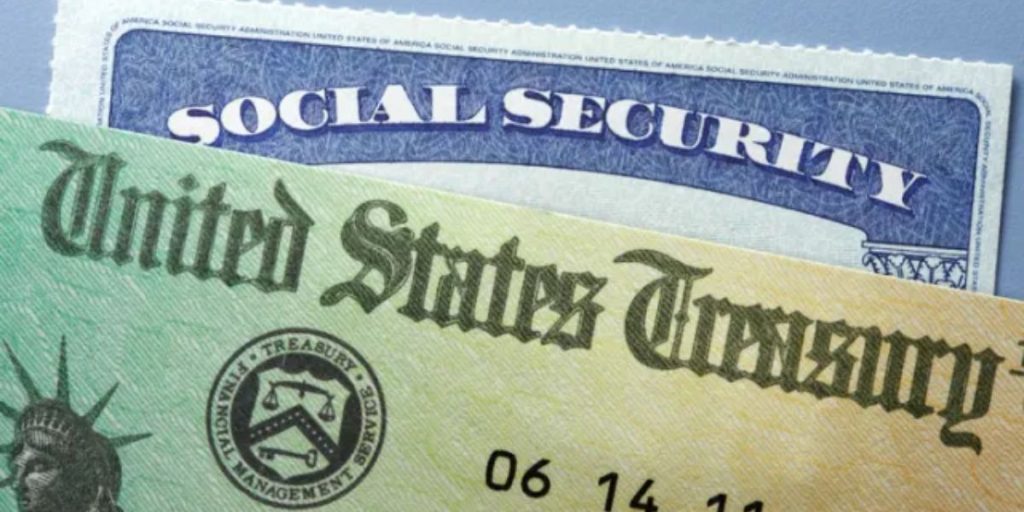In recent years, Governor Kathy Hochul has made strides in boosting school funding to unprecedented levels in New York State. Her commitment to fully funding the primary school aid formula, which supports educational institutions, has been lauded. However, this year’s 2.4% increase in funding has sparked apprehension among education stakeholders. Many school districts are bracing for a reduction in their aid allotment, potentially leading to significant cutbacks in student programming and opportunities. The culprit? Inflation, currently standing at 4.1%.
Despite Hochul’s efforts to enhance funding, the 2.4% increase falls short in the face of rising inflation rates. Education experts and stakeholders express concerns that this could create a financial deficit for schools across the state. Dr. Rick Timbs, Executive Director of the Statewide School Finance Consortium, emphasized this point in a recent interview with Capital Tonight.
“When you crunch the numbers, we find ourselves in a deficit situation,” noted Dr. Timbs, highlighting the potential repercussions of the governor’s 2.4% increase. His analysis reveals that a staggering 337 school districts in New York could witness a reduction in aid totaling $167 million if the governor’s executive budget is approved. This financial crunch could have severe consequences, particularly for rural, small, and some suburban districts, where hundreds of thousands or even millions of dollars may be subtracted from their state aid payments.
Dr. Timbs expressed his concerns, stating, “There’s a great deal of dissatisfaction” among affected districts. The looming aid cuts threaten to undermine the progress made in recent years, potentially impacting the quality of education and opportunities available to students. As education stakeholders voice their worries, the need for a comprehensive solution becomes increasingly evident.

Read more:
- Kidnapper Found Guilty in Case of 13-Year-Old Girl Who Signaled for Help
- Untouched Wealth: $2 Million in Coins Still in Existence
- New Moms in Texas Eligible for Full-Year Medicaid and CHIP Benefits
- Federal Judge Finds First Amendment Infringement in Ohio Commissioner’s Meeting Disruption Arrest.
- Tragic Dental Procedure in Texas Leaves Miami Woman with Severe Brain Damage
The education budget hearing, scheduled for Feb. 1, is poised to become a crucial platform for discussions on these funding challenges. Stakeholders, educators, and representatives from impacted districts are expected to present their cases and advocate for a fair and sustainable resolution. The outcome of this hearing may shape the future of education funding in the state, influencing the academic landscape for countless students.
Governor Hochul’s administration faces the task of addressing these concerns and finding a balanced solution that accommodates the increased costs associated with inflation. As the state grapples with economic challenges, prioritizing education becomes paramount. The potential ramifications of reduced aid on student programming and opportunities underscore the urgency of finding a resolution that ensures the continued growth and success of New York’s education system.
In conclusion, while Governor Hochul has made commendable efforts to elevate school funding in the state, the current discrepancy between the 2.4% increase and the 4.1% inflation rate raises valid concerns among education stakeholders. The impending education budget hearing stands as a pivotal moment to address these issues and work towards a solution that upholds the commitment to providing quality education for all students in New York.



